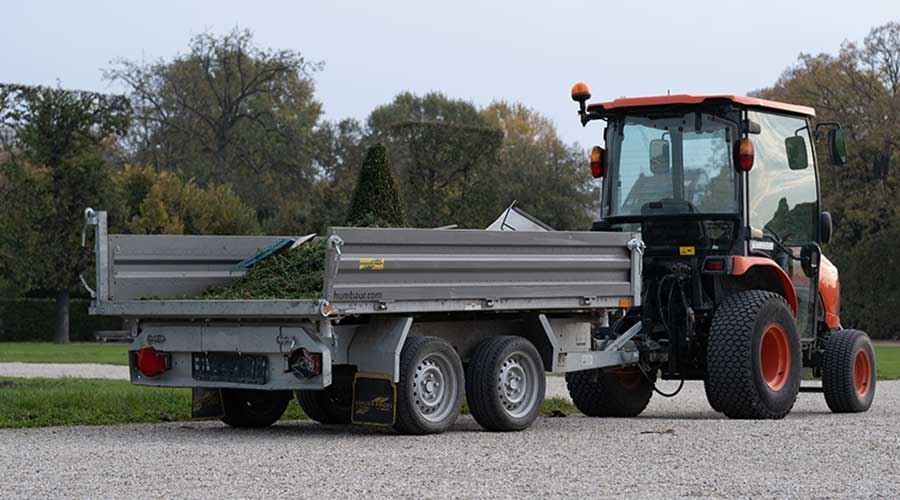Propane Mowers: Lower Operating Costs, Less Maintenance
The emphasis on sustainability at Warren Wilson College permeates everything from its academic offerings to its operational methodology. Sustainable practices on the Asheville, N.C., campus include planting native species, lubricating landscaping equipment with biodegradable, soy-based oils, and operating four mowers in its fleet on propane.
Cleaner air and better propane availability are the main reasons for converting to propane mowers, says Tom LaMuraglia, landscaping supervisor with the college, which contains 63 landscaped acres. Additional reasons for the switch include longer run times, tanks that are easy to switch, and cleaner oil and spark plugs. The college also recently installed its own propane filling station.
LaMuraglia says he hopes his landscape crew soon will be able to use propane-fueled trimmers, which exceed the EPA’s small-engine regulations designed to control air pollution.
Economics can make or break any manager’s plan to upgrade equipment. Propane mowers cost about 20 percent less to operate than gasoline mowers. In just months, these operational savings can balance the initial cost of propane mowers, which are about 10 percent higher than gasoline mowers.
The Austin (Texas) Independent School District converted its 15 mowers from gasoline to propane in 2005. The primary incentive for making the switch was an 80 percent rebate on conversion costs available from the local utility, says Billy Morell, the district’s supervisor of vehicle services. Morell says he also is pleased the fleet’s propane mowers start every time, unlike gas mowers, which sometimes were difficult to start after sitting idle during winter.
Tanks for propane mowers generally are larger than tanks for gasoline mowers, so run times often are longer with propane. Also, less frequent refueling reduces the opportunities for spilled and wasted fuel.
Using propane also can help increase an equipment operator’s productivity because the propane is stored in cylinders workers can transport and swap out easily and quickly. The closed fuel system also makes it more difficult for grass clippings, dirt, and water to enter the engine and clog fuel lines.
Morell says propane’s environmental advantages, reliability, lower cost, and ease of handling are great benefits for the Austin school system, adding the district plans to convert six trucks to propane by March 2010.
Related Topics:













